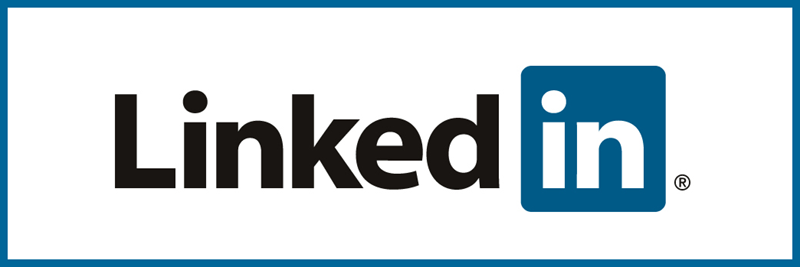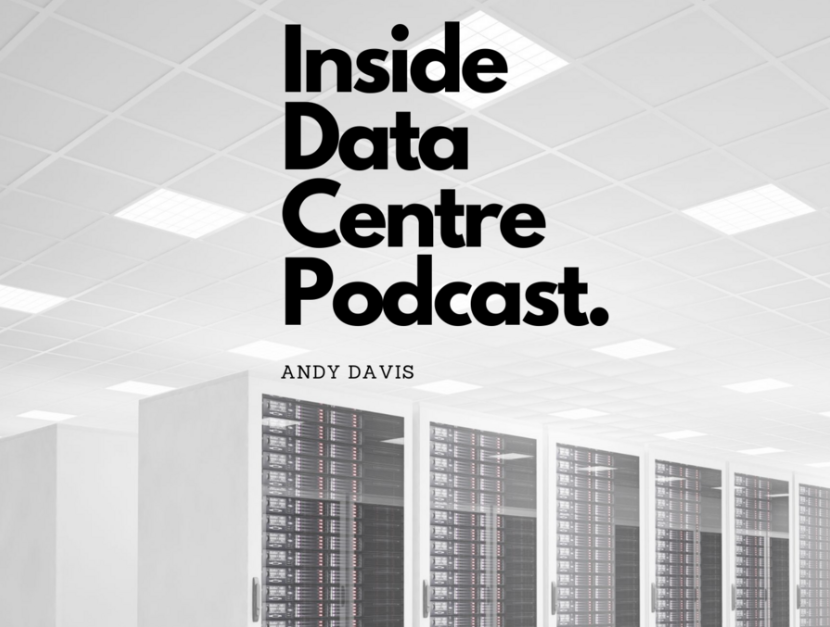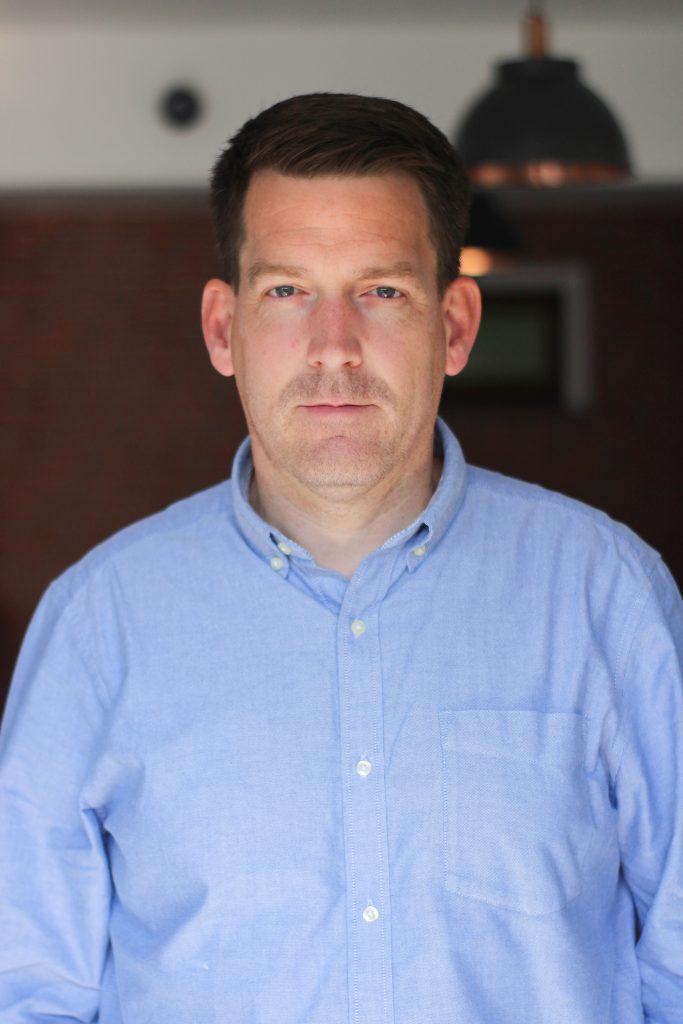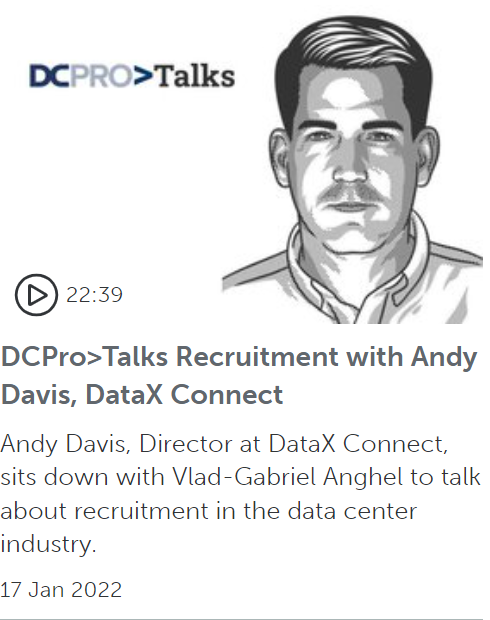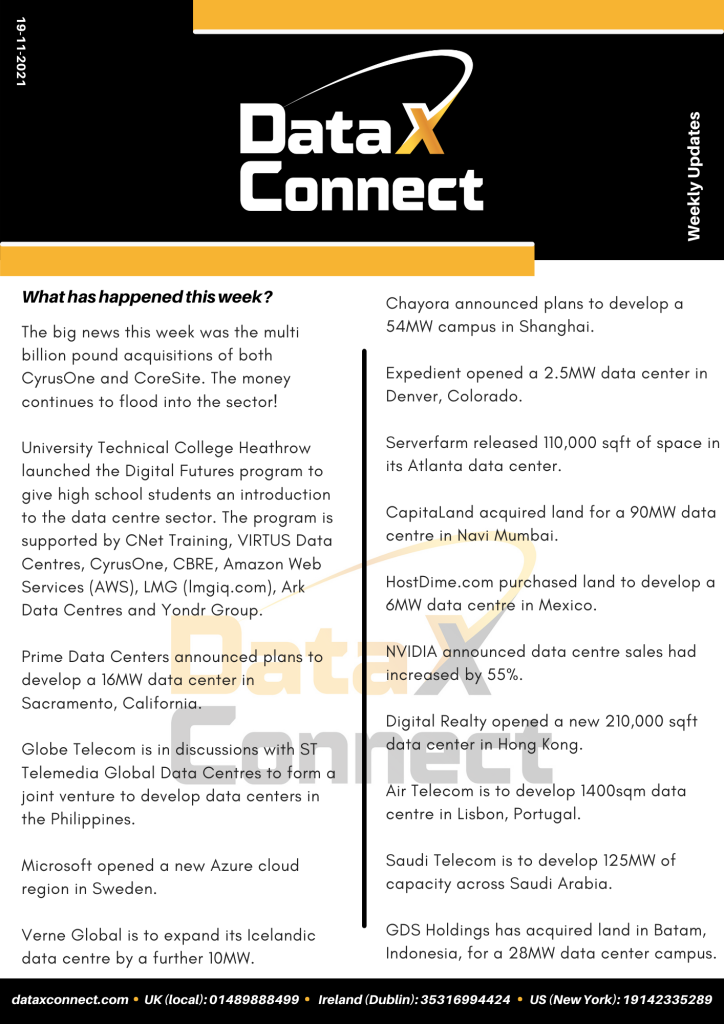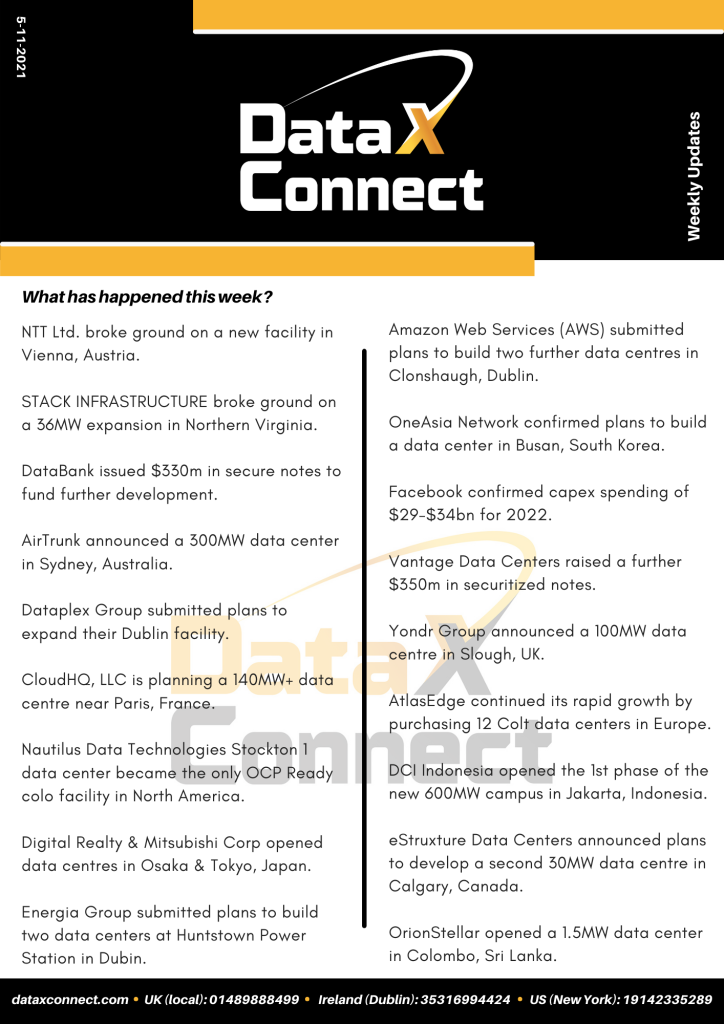What a data center recruiter sees as the solution to the skills gap
If there is one thing that DCPro is acutely aware of, it’s the skills shortage in the data center industry. In the last couple of years, we have discussed the skill gap with different experts, attempting to understand its cause and identify potential solutions. Recently the expert in question was Andy Davis, the director for DataX Connect and Highfield Professional Solutions, providing an angle on recruitment from the inside out. “I think the skill shortage is a massive challenge with a lot of different facets within it. It’s something that people look at with quite a holistic view, and actually, there’s a lot of individual differentiators within the challenge. I always try and break it down into a few different elements. “You’ve got the entry-level, whether that’s a graduate, trainee, or apprentice. You’ve got that level, where we need more new people coming into the industry. “You’ve then got attracting people from other sectors. So how can we, as an industry, become more attractive than other industries to ensure that we’re getting the best talent? “Then you’ve also got the challenge of retention. How do we keep the best people in the sector?
There are a number of different facets that create the skills challenge. I think from a trainee and entry-level perspective, a lot of the conversations I have would boil down to getting your message to these people at the right time, which is at a school level. Going into schools, educating them about the industry, and telling them what data centers are. “I think a lot of focus historically has been on graduates or 18 to 21-year olds, but a lot of those have already made a decision on their career. They didn’t know what a data center was, so they were never going to choose data centers. The key is getting out to the schools. Let’s start educating people at a young age and telling them what a great industry it is, and the careers available.” This idea of expanding awareness of data centers, while indisputably important to focus on during student years, also applies to other industries. It isn’t possible to only recruit internally, and as a result, steps must be taken to create a wide-spread knowledge base of data centers across compatible industries. “Obviously, anyone that’s worked within the forces or leaves the forces
and moves into engineering, they’re critical thinkers and they’re able to operate under pressure. But again, that’s another group of people that the manufacturing sector is chasing, the oil and gas sectors are chasing. You’ve got to have a reason for them to come to the data center sector. “I don’t think it’s about there being a particular sector that we should get people from, which is probably where a lot of companies do it wrong. It’s about looking at the person. What are the attributes of the individual that you’re trying to recruit?” Taking this approach of evaluating people holistically, rather than demanding data center experience, can also help with the unavoidable fact of a devastating lack of diversity
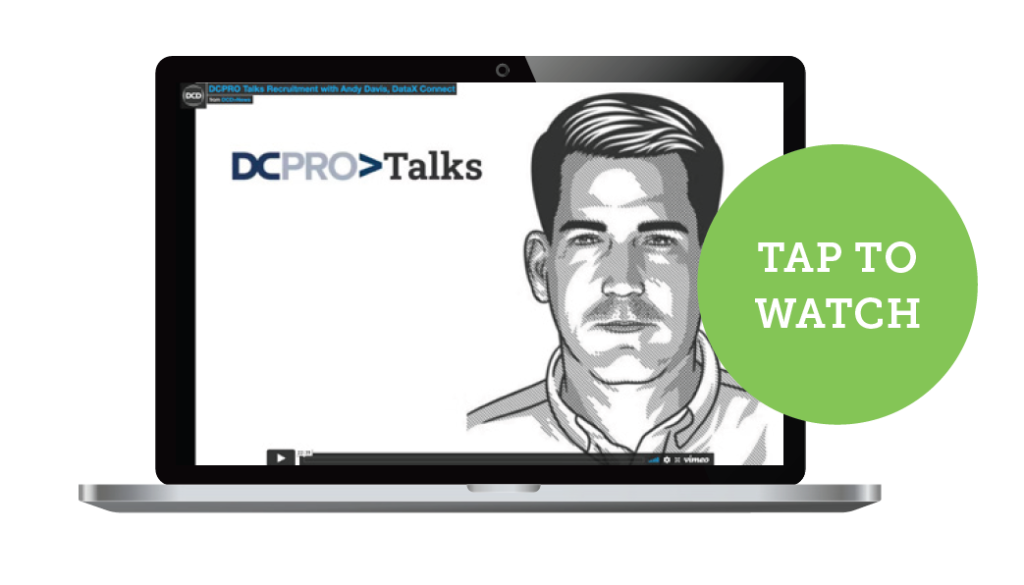

across the industry. “The majority of people are around my age, and in that white male demographic. That’s the reality of it. We’ve worked this year on diversity, and how can we increase that diverse portfolio of candidates. We don’t just want three people of the same, we want a diverse shortlist. “The key to increasing your diversity is to look outside of the data center talent pool. Because if you go to an event in data centers, and you look at that as your broad brush demographic of the sector, and you want to increase minorities, they’re not there. They’re not in
the sector. The whole point around diversity is we need to bring them into the sector. “I worked with a client this year on diversity, and our mission was to find more females to bring into their organization because they wanted female critical thinking, they wanted different ideas. So we didn’t look in the data center sector. We went to other sectors. We identified people that match the attributes and the DNA of that business, and they are now working within that business. “But we wouldn’t have been able to do that if they said to us, ‘we want people with
five years data center experience’ or work on hyperscale projects based in this country, it would have been impossible. “Look outside of your industry and make yourself attractive to that minority, whatever it is you’re looking to attract, whatever demographic it is you want, make your business attractive to them, make it work, make it welcoming, and then people will come to you.” Watch the DCPro>Talk in full for more information about the data center industry skills shortage, and how we can work around it.
Watch the DCPro talk with Andy here to hear even more about the industry and skills shortage challenge.

